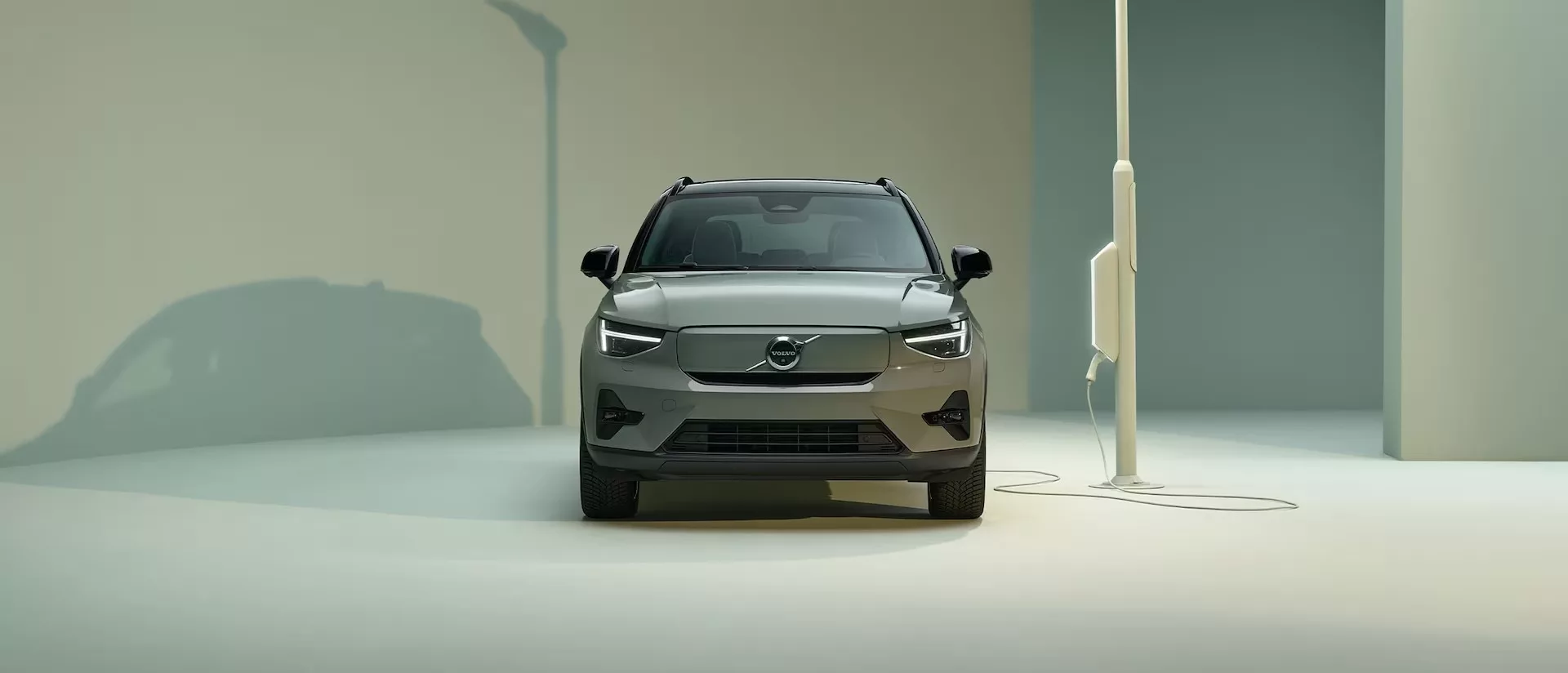Debunking the myth that electric cars lack popularity, Volvo‘s recent sales records tell a different story. The traditional uproar from sectors resistant to change is now overshadowed by Volvo’s success, particularly with their electric and hybrid models.
In an unprecedented achievement, Volvo sold an astonishing 78,970 vehicles in March 2024, marking a 25% increase compared to the previous year. Significantly, Volvo’s electric vehicles (EVs) experienced a remarkable 43% sales bump, making up 23% of total global sales for the month. Europe’s impressive 33% sales growth reflects the region’s enthusiasm for electrification, while in the US, plug-in hybrids are seeing increased demand.
Volvo’s Electric Momentum
Volvo is confidently advancing towards their ambitious annual sales goal of 15% growth, with particular focus on enhancing the sales of their EX30 models. The company has expressed expectations of significant growth in the EV market, targeting electric vehicles to comprise half of its sales mid-decade, with a bold aim to exclusively sell EVs by 2030.
The Electrifying Appeal of the Volvo EX30
Volvo’s battery electric sales have been turbocharged by the launch of the Volvo EX30. Not only is it the smallest car made by the Swedish automaker, but it’s swift, competitively priced at $34,995 in America, and it outstrips the Tesla Model Y in acceleration—clocking in a speedy 0–60 mph in just 3.3 seconds.
Witness to the North American unveiling, Kyle Field’s hands-on experience with the EX30 in Barcelona left him thoroughly about the vehicle’s zest and handling. Kyle was equally taken by the EX30’s size, comparing it favorably to models like the Chevy Bolt EUV and Hyundai Kona Electric. His conclusion reaffirmed Volvo’s commitment to design, safety, and the all-electric transition.
Recent reports also highlighted the EX30’s skyrocketing popularity in Sweden, which has played a significant role in raising the country’s battery electric vehicle market share to nearly 35%.
Global Production Strategy
The strategic decisions behind Volvo’s production are as impactful as its sales. Volvo initiated the manufacturing of the EX30 in Zhangjiakou, China, with plans to expand production to Ghent, to meet the anticipated European and global demand. This approach underlines Volvo’s goal of manufacturing cars close to their markets and introduces flexibility into their production to cater to their most popular models like the XC60 and XC40, produced on both continents.
Jim Rowan, the CEO of Volvo Cars, expresses the brand’s ambition to offer the EX30 worldwide at an appealing price point. The move to produce in Ghent is seen as a logical step towards meeting the widespread consumer demand for their compact electric SUV.
Understanding The EV Market Trends
Despite cooling trends in some quarters of the EV market, Volvo’s robust sales performance dispels the notion that interest in electric cars is waning. Critics constantly underscore the high costs of EVs which supposedly put them out of reach for many. However, Volvo’s success in the luxury car market with their electric vehicles suggests a different reality and sends a clear signal that there is a growing appetite for these sustainable options.
The momentum Volvo is generating in the electric car market should be a wake-up call to other manufacturers. Far from being overstated, the switch to electric vehicles continues to gain ground, with Volvo at the forefront of this transformative era.
